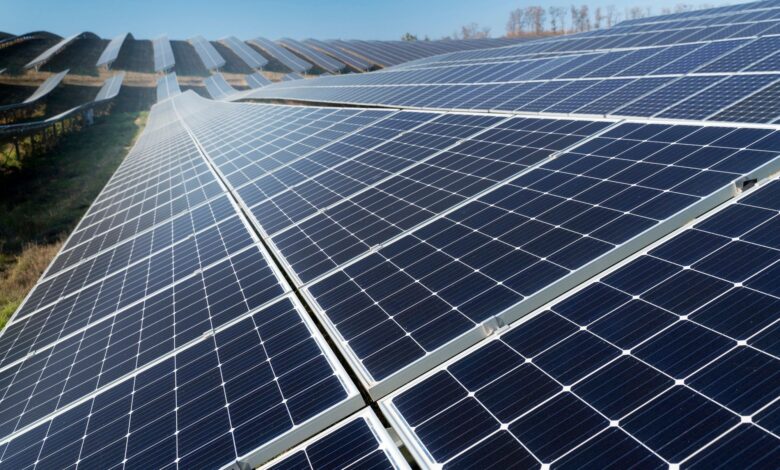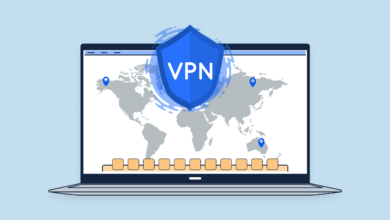Debunking Myths About Solar Panels That Can Save You Money

Solar panels cost a lot upfront, but you’ll save money over time. Typically, a solar power system pays for itself in just over ten years.
Research shows that debunking (comparing myths to facts) corrects misinformation. However, the strength of that change depends on various factors, including the debunking message’s attributed credibility and source.
Myth 1: Solar Panels Are Expensive
The most common question people ask about installing solar panels is, can installing solar panels save money? Solar panels are a great investment when it comes to renewable energies. The initial cost of solar panels may seem high, but the savings on your electricity bill will make up for it.
The energy you’ll save by going solar will depend on many factors, including your local electricity rates and energy consumption. However, it’s generally true that the higher your electricity rates are, the more you’ll stand to save by installing a solar system. You can use tools to compare custom quotes and determine how much you’ll save by switching to solar.
Myth 2: Solar Panels Can’t Work on Cloudy Days.
Solar panels don’t need direct sunlight to produce electricity. Sun’s UV can penetrate clouds to produce electricity. Germany, with some of the cloudiest weather in the world, is a leader in solar energy production.
Solar battery storage systems are also available to store surplus energy and use it on overcast days. It can be a backup power source to keep the lights on during a grid failure.
Solar energy systems can also reduce utility dependency, preventing rate increases and power outages. You can make money if your solar panels generate more energy than what you use. This is thanks to a net metering policy, which credits homes and businesses for the electricity they produce. This can add up to big savings over time.
The myth that solar power only works when the sun is shining is one of the most pervasive misconceptions about solar energy. The truth is that solar is a reliable, cost-effective source of energy that can be used to offset your electricity bill and save you money month after month, year after year.
Solar panels can produce significant energy even on cloudy days—between 10% and 25% of their potential output. Solar technology also doesn’t require heat to generate electricity, as it uses photovoltaic technology to convert sunlight into electricity. Solar panels can still work efficiently in cold or snowy climates because light penetrates clouds and reaches the ground, even through snow.
Finally, solar systems can have battery storage to provide energy when sunlight is unavailable at night. As a result, solar homeowners can have an uninterrupted backup source of electricity even during a grid outage.
Myth 3: Solar Panels Are Unreliable
Solar energy is a powerful solution becoming increasingly affordable, making it a great option for households and businesses. However, many people need clarification about solar panels that can keep them from switching to renewable energy.
It’s true that solar panels only generate electricity when the sun is shining, but this is not a huge issue in the United States. Even on cloudy days, solar panels can still produce significant energy. In addition, the solar energy industry has created battery storage systems that can provide backup power for households and businesses. This can help you save money at night and on cloudy days when your solar system may not produce as much energy.
Solar panels are reliable and will last decades, even with regular cleaning. They are made from sturdily constructed materials that withstand harsh weather conditions, including high winds and hail storms. Most solar panel manufacturers also offer warranties that cover 25 years of performance.
The biggest way that solar power can save you money is by reducing or eliminating your electricity bills. This can be done through net metering, using energy-efficient appliances, or setting time-of-use plans to minimize peak demand. This will further reduce your utility bills and make it faster for your solar system to pay for itself.
Myth 4: Solar Panels Are Harmful
Solar energy has become increasingly popular for homeowners seeking clean and affordable electricity. However, many misconceptions about this efficient power source have emerged because of the rapid growth and changes in solar energy technology.
One of the most common solar energy myths is that once homeowners have installed their solar panels, they will no longer have an electric bill. Unfortunately, that’s not the case. Depending on where the homeowner lives and the electricity rates, their system may still take some time to pay for itself.
Even on cloudy or rainy days, solar panels continue to produce electricity. However, the amount of electricity they produce will be reduced. Therefore, you should purchase a battery-backed system to ensure your home can still operate in adverse weather conditions.
The performance of a solar home system will also degrade with time. Its output will drop by 0.5% per year. Solar panels of high quality are built to last up to 25 years and provide significant energy savings.
Additionally, solar systems do not release harmful substances into the environment. Unlike older thin-film or amorphous technology, they don’t use toxic chemicals during production or require maintenance. You’ll have to hose down your solar panels to remove dirt buildup occasionally, and rain will naturally wash the rest away.



